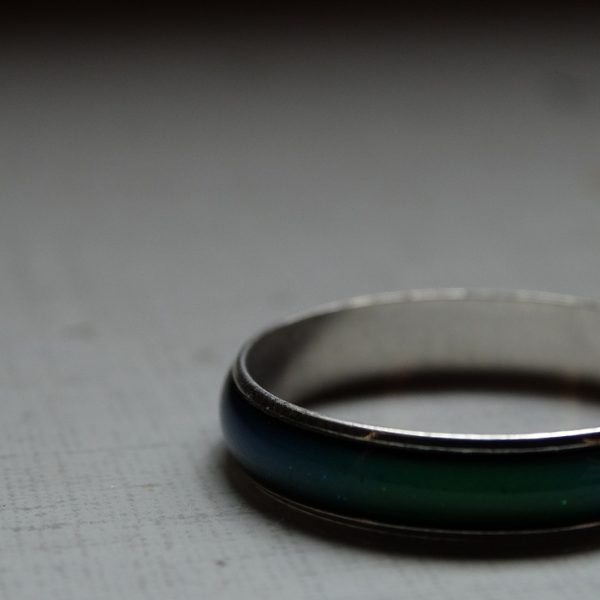- High blood sugar is a common problem caused by excess glucose in the blood.
- Left uncontrolled, it can lead to severe health complications, including vision problems, cardiovascular disease, nerve damage, kidney damage, and slow wound healing.
- Stay hydrated, eat healthy foods, exercise regularly, and monitor your blood sugar levels to prevent high blood sugar.
- Drinking high-quality sugar-free water drops can be an excellent substitute for sweetened drinks.
- Consulting with your doctor is vital for questions or concerns about your condition.
High blood sugar is a common problem faced by many people, especially those battling with diabetes. It occurs when there is an excess of glucose in the blood. While high blood sugar can be managed with dietary changes and medication, the condition, if left uncontrolled for a long time, can result in severe health problems. Here’s what you need to know about your blood sugar, what happens if you have high blood sugar, and how to prevent it from happening:
What is Blood Sugar?
Blood sugar, also known as blood glucose, is the concentration of glucose (a type of sugar) in the bloodstream. Glucose is the primary energy source for cells in the body and plays a crucial role in maintaining various bodily functions.
When people eat food containing carbohydrates, such as bread, pasta, fruits, and sweets, the body breaks down carbohydrates into glucose during digestion. Glucose is then absorbed into the bloodstream, and its levels are regulated by the hormone insulin produced by the pancreas.
Insulin helps transport glucose from the bloodstream into cells, which can be utilized as an energy source. This process helps regulate blood sugar levels, ensuring they stay within a normal range.
The right blood sugar level is vital for overall health and proper bodily functioning. If blood sugar levels are too high (hyperglycemia), it can indicate an inability of the body to effectively regulate glucose or insulin resistance, a common feature of conditions like diabetes. Persistently high blood sugar levels can lead to various health complications if uncontrolled. Here are some of those health complications:

Vision Problems
One of the symptoms of high blood sugar is vision problems. Over time, high blood sugar can damage the retina’s blood vessels, leading to diabetic retinopathy, which can lead to blindness if not managed promptly. Diabetic retinopathy often starts with blurred vision and progresses to permanent vision loss.
Increased Risk of Cardiovascular Disease
High blood sugar makes you more likely to develop cardiovascular diseases like heart attack and stroke. This is because high blood sugar damages your blood vessels and makes them less flexible, increasing the risk of clots forming.
Nerve Damage
High blood sugar can cause damage to your nerves, leading to a condition called diabetic neuropathy. This can cause tingling and numbness in your limbs, particularly the hands and feet. In severe cases, it can also cause muscle weakness and difficulty walking.
Kidney Damage
High blood sugar can cause damage to your kidneys over time. This is because the excess glucose in your blood can damage the small blood vessels in your kidneys, making it difficult for them to filter waste products from your blood. In severe cases, this can lead to kidney failure.
Slow Wound Healing
People with high blood sugar may also experience slow wound healing. High blood sugar can damage your blood vessels, so your body may take longer to transport nutrients and oxygen to the affected area to aid healing. Slow wound healing can lead to infections and other complications.
Prevention
There are other ways you can prevent high blood sugar in your body. Here are four ways you can prevent it from happening:

Stay Hydrated
You must stay well-hydrated when dealing with high blood sugar, as dehydration can worsen your condition. Drinking plenty of water or unsweetened beverages throughout the day is best. Consider drinking high-quality sugar-free water drops if you want to drink sweetened beverages. These water drops have a distinct flavor of fruits and vegetables, which can make them a great substitute for sweetened drinks.
Eat Healthy Foods
Choose healthy foods that are low in sugar and refined carbohydrates. Eating more whole grains, legumes, lean proteins, nuts, seeds, fruits, and vegetables will help control your blood sugar levels. Avoiding processed foods and added sugars will help you manage your blood sugar.
Exercise Regularly
Regular physical activity can help lower your blood sugar and improve overall health. Thirty minutes of moderate exercise daily, such as walking or swimming, is recommended for people with high blood sugar.
Monitor Blood Sugar Levels
It is essential to monitor your blood sugar levels regularly with the help of a glucometer or test strips. This will allow you to track how well you manage your condition and what changes must be made if necessary. Your doctor may also recommend regular checkups if needed.
Managing high blood sugar levels can be challenging, but by following these steps and closely monitoring your condition, it is possible to keep them within a healthy range and prevent long-term health complications. Always consult your doctor for any questions or concerns about your condition.




